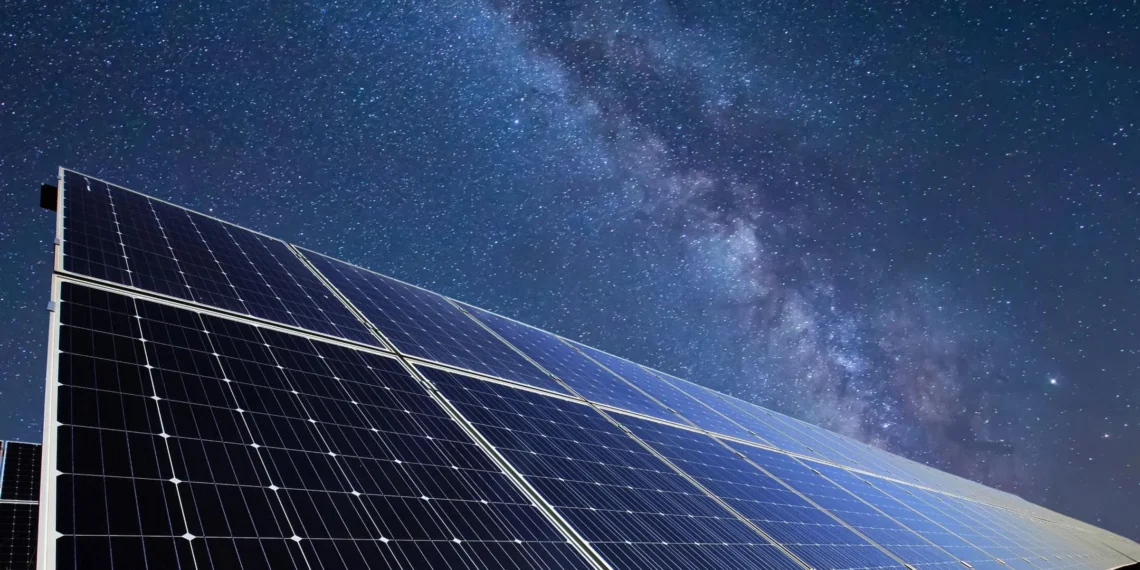The Alternative Energy and Development Board (AEDB) is drafting policy measures to encourage local private companies to manufacture solar panels and related equipment in order to promote the use of green and clean energy and effectively meet the country’s growing energy demand.
The RFP (Request for Proposal) document is nearly complete, according to Fahim Ahmed, Electrical Engineer at the AEDB, and is anticipated to be released by the end of November. The RFP will encourage private enterprises to submit bids for renewable energy (RE) production. Developing privately held initiatives to generate renewable energy is an important endeavour for addressing the nation’s energy crisis. Fahim explained the rules for participation in the bidding process, stating that only enterprises capable of producing renewable energy and feeding it into the national grid could apply. All businesses would be required to comply with the NEPRA conditions. After achieving these standards, the winning enterprises can privately manufacture renewable energy.
Fahim explained that the Cabinet Committee on Energy (CCoE) proposed the majority of these projects to energy-related public organizations, such as the AEDB and provincial energy departments. These initiatives are categorised into three groups. The third category consists of the initiatives that have received a letter of intent (LOI). In contrast, category two includes projects that comply with NEPRA tariff standards and will proceed based on these tariffs. In addition, projects that have received a letter of support (LOS) are classified as belonging to category one. The authorities are predicted to prioritise these categories in distinct periods.
Due to the high cost of solar cells, solar panel production is a capital-intensive endeavour, according to the AEDB official. Private businesses in Pakistan solely manufacture solar panels. The current high prices create a win-win scenario for solar companies in Pakistan. Due to the high demand for solar panels, companies can produce solar cells locally and capitalise on the high prices. Fahim stated that in order to promote the manufacturing of solar panels and ancillary equipment in Pakistan, the AEDB organised a workshop in which many private companies under the auspices of Solar Association of Pakistan and Renewable Energy Association of Pakistan (REAP) participated in order to find a way forward for strengthening the renewable energy industry in Pakistan.
The participants discussed the current state and future prospects of Pakistan’s renewable energy industry, as well as the anticipated demand for solar installations in the coming years. To promote the renewable energy industry, the participants also suggested that the government offer tax incentives and duty-free import of inputs, plants, and machinery. Pakistan possesses the raw materials for the production of solar cells and can support their local production in phases, depending on the government-provided infrastructure.




